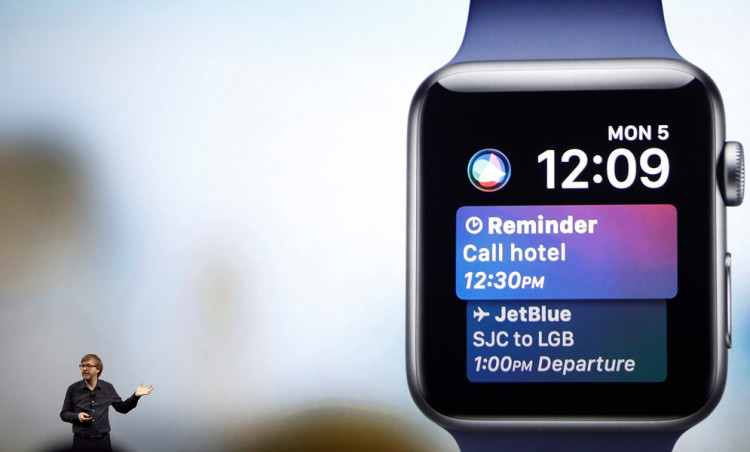A huge study revealed that the Apple Watch can identify the worrisome irregular heartbeat, at least sometimes. But experts suggested that more work is needed. Additional studies must be conducted to tell if using technology to screen heart problems is reliable.
In the study, more than 419,000 Apple Watch users signed up. It was the largest research ever to explore the screening of seemingly healthy people for the atrial fibrillation. It is the condition that if it is not treated can trigger strokes.
The researchers from Stanford reported last Saturday that the watch did not panic flocks of people. The warning, that they might have a problem only covered half of the participants which is roughly around 2,100. Thus, Dr, Richard Kovacs from the American College of Cardiology, who is not part of the study cautioned that even among those flagged, it is not yet perfect, according to NBC News.
The people who received an alert were supposed to be consulting a study doctor via the telemedicine. They should then wear an EKG patch that measures the cardiac activity for the next week. It will then determine the watch's accuracy. However, some of the study participants skipped the virtual check-up. They consulted their own doctors. Overall, about 57% desired medical attention.
According to the preliminary results, among those who got the EKG monitoring through the study, a third of the group had atrial fibrillation. The results were presented at an American College of Cardiology during a conference in New Orleans, according to USA Today.
According to Dr, Mintu Turakhia who is the Stanford lead researchers said that A-fib tends to come and go. Also, a week of monitoring might have missed some of the cases. But if the watch identified another irregular heartbeat while someone was wearing the EKG patch 84% of the time is really was a-fib.
In line, Dr. Lloyd Minor who is Stanford's dean of medicine said that "this study we believe provides very encouraging evidence that a device, the Apple Watch, can be used to detect a-fib and to point out to people when additional monitoring or testing may be needed."
Meanwhile, other cardiac experts said that the study, which was funded by Apple. The research suggested that the screening with the wearable technology might be technically feasible, eventually. However, it still needs a lot of research.
Furthermore, the director of Mount Sinai Heart in New York, who is also a former American Heart Association president, who is not involved in the research mentioned that "I would not advise this to the overall general population." Instead, he would like to see it tested in seniors who have risk factors such as high blood pressure.






